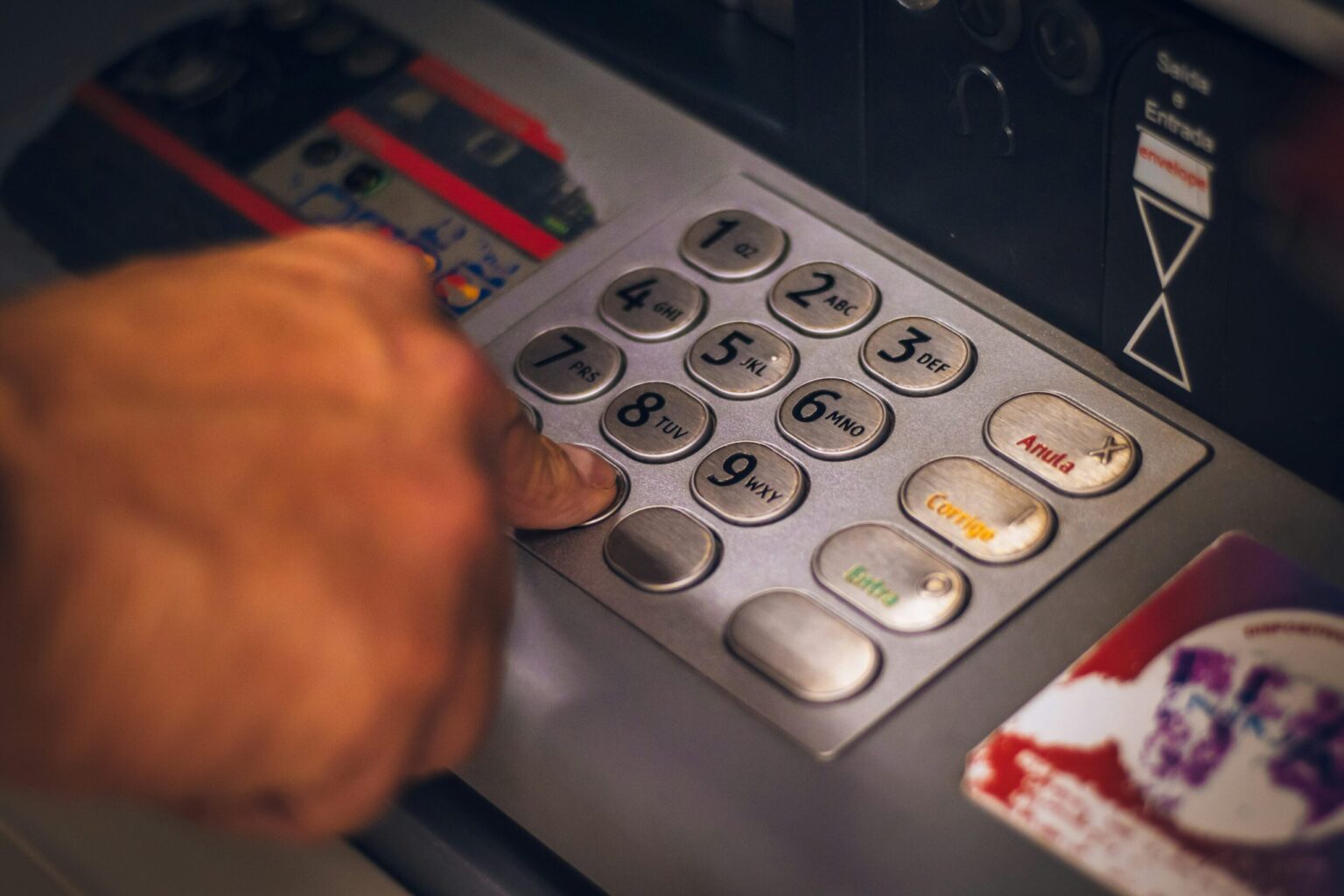In the ever-evolving world of cryptocurrency, the landscape of regulations and compliance is continuously shifting. Recent developments in the UK highlight a significant crackdown on unlicensed cryptocurrency services, specifically focusing on crypto ATMs. This movement underscores an essential aspect of the crypto world—how regulatory bodies are actively working to ensure digital currencies operate within a framework that discourages illicit activities. Understanding these regulatory measures is crucial for anyone interested in digital currencies, as it not only impacts current operations but also future market dynamics.
<h1>The Regulatory Clampdown on Crypto ATMs in the UK</h1><br />
```<br />
<br />
The Financial Conduct Authority (FCA) in the United Kingdom has taken decisive action against unregistered crypto ATMs in southwest London, marking a significant step in its regulatory oversight. As part of this operation, officers conducted searches at four locations, leading to the arrest of two individuals and the seizure of seven crypto ATMs. The FCA's actions emphasize the importance of registration and adherence to anti-money laundering laws for firms dealing in digital currency exchanges and services.<br />
<br />
```html<br />
<h2>A Firm Stand Against Illegal Operations</h2><br />
```<br />
<br />
Since January 2021, UK regulations have mandated that any entity offering cryptoasset exchanges or operating kiosks must register with the FCA. They are also required to implement stringent customer due diligence processes, which include verifying the origins of funds to prevent misuse for illicit activities. The recent enforcement action, which resulted in suspects being released pending further inquiries, serves as a strong warning to operators of unregistered machines: the law will not tolerate non-compliance.<br />
<br />
```html<br />
<h2>FCA's Warning to Unregistered Operators</h2><br />
```<br />
<br />
Therese Chambers, the FCA's executive director of enforcement and market oversight, clearly stated that unregistered crypto machines facilitate criminal activities. With zero legal crypto ATMs currently operating in the UK, the consequences for running an unregistered machine can be severe, including heavy fines and potential imprisonment. Although no charges have been filed yet, the investigation remains active, highlighting the FCA's commitment to regulatory enforcement.<br />
<br />
```html<br />
<h3>Global Perspectives on Crypto ATM Regulations</h3><br />
```<br />
<br />
Different countries have taken various approaches to regulate crypto ATMs. While the UK has enforced a total ban, the United States operates over 29,000 crypto ATMs, although state regulators impose their own controls, including licensing requirements and transaction limits. In contrast, New Zealand has instituted a full national ban, and Australia has introduced new measures that limit cash transactions and require visible scam warnings on machines. These diverse regulatory frameworks reflect a global debate on the best way to manage digital currency transactions, balancing crime prevention with legitimate use.<br />
<br />
```html<br />
<h3>Why Are Crypto ATMs Under Scrutiny?</h3><br />
<p>Crypto ATMs are often targeted for regulation because they offer a potential avenue for money laundering and other illicit financial activities. By bypassing traditional banking systems, they can be misused to conduct anonymous transactions. Regulatory agencies impose strict controls to mitigate these risks.</p><br />
<br />
<h3>How Does the FCA's Action Affect Crypto Users in the UK?</h3><br />
<p>The FCA's crackdown on unregistered crypto ATMs may limit accessibility for some users. However, it also enhances consumer protection by ensuring that available services meet regulatory standards, thereby fostering a safer digital currency environment.</p><br />
<br />
<h3>Are There Legal Alternatives for Crypto Transactions in the UK?</h3><br />
<p>Yes, individuals in the UK can still engage in crypto transactions through registered online exchanges and platforms that comply with FCA regulations. These services offer a legally compliant and secure way to buy, sell, and trade digital currencies.</p><br />
<br />
<h3>What Does the Future Hold for Crypto ATMs Globally?</h3><br />
<p>The future of crypto ATMs will likely depend on ongoing regulatory developments. While some regions may continue to impose strict bans, others might find a middle ground by imposing controls that allow for lawful use while deterring illegal activity. The industry must adapt to these evolving standards to thrive.</p><br />
```<br />
<br />
This comprehensive guide on the regulatory actions against crypto ATMs in the UK explores the implications for operators and users, providing insights into how global regulatory environments shape the future of digital currency transactions. The frequently asked questions aim to assist readers in understanding the broader context and making informed decisions in the ever-changing world of cryptocurrency.
